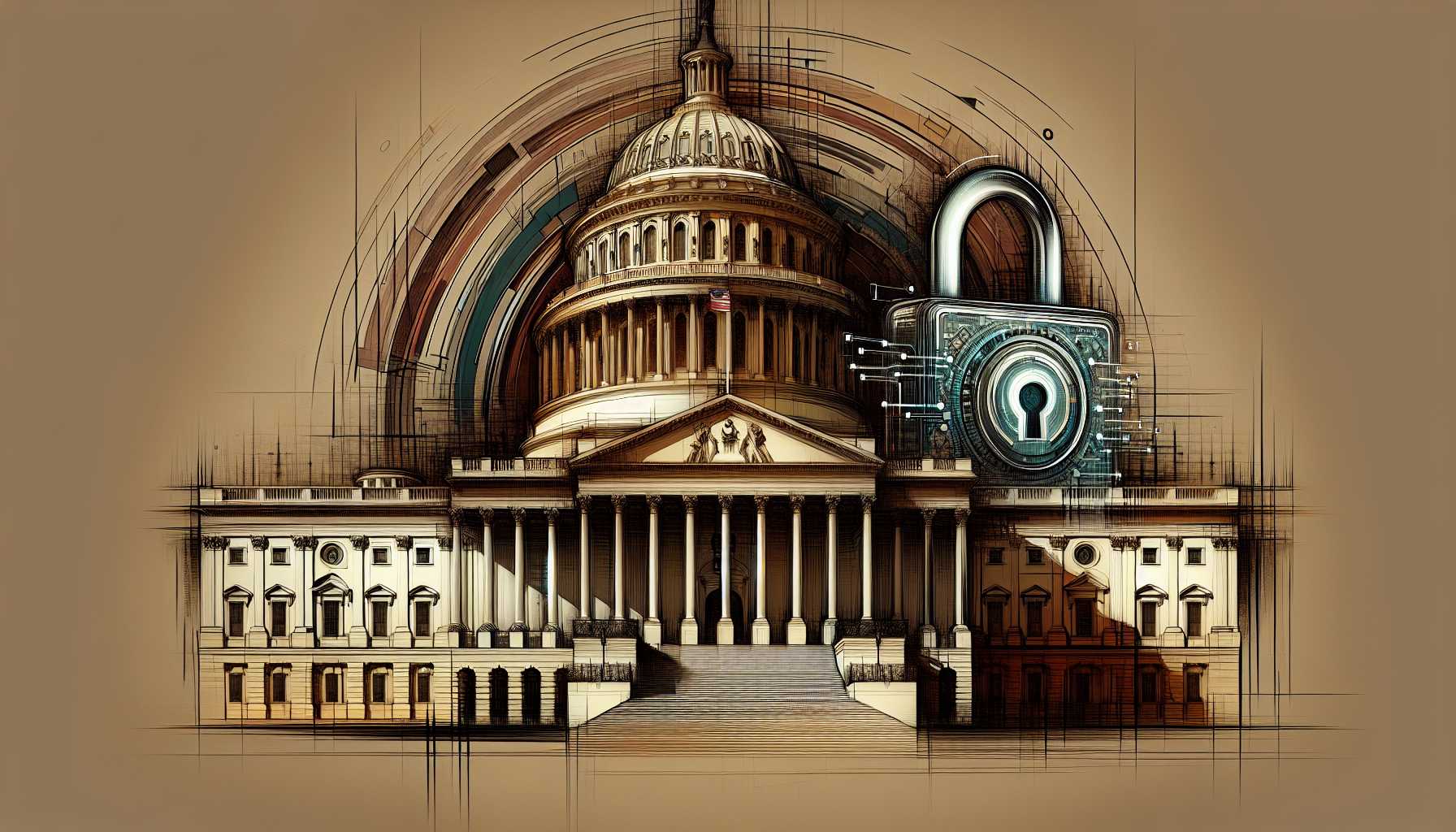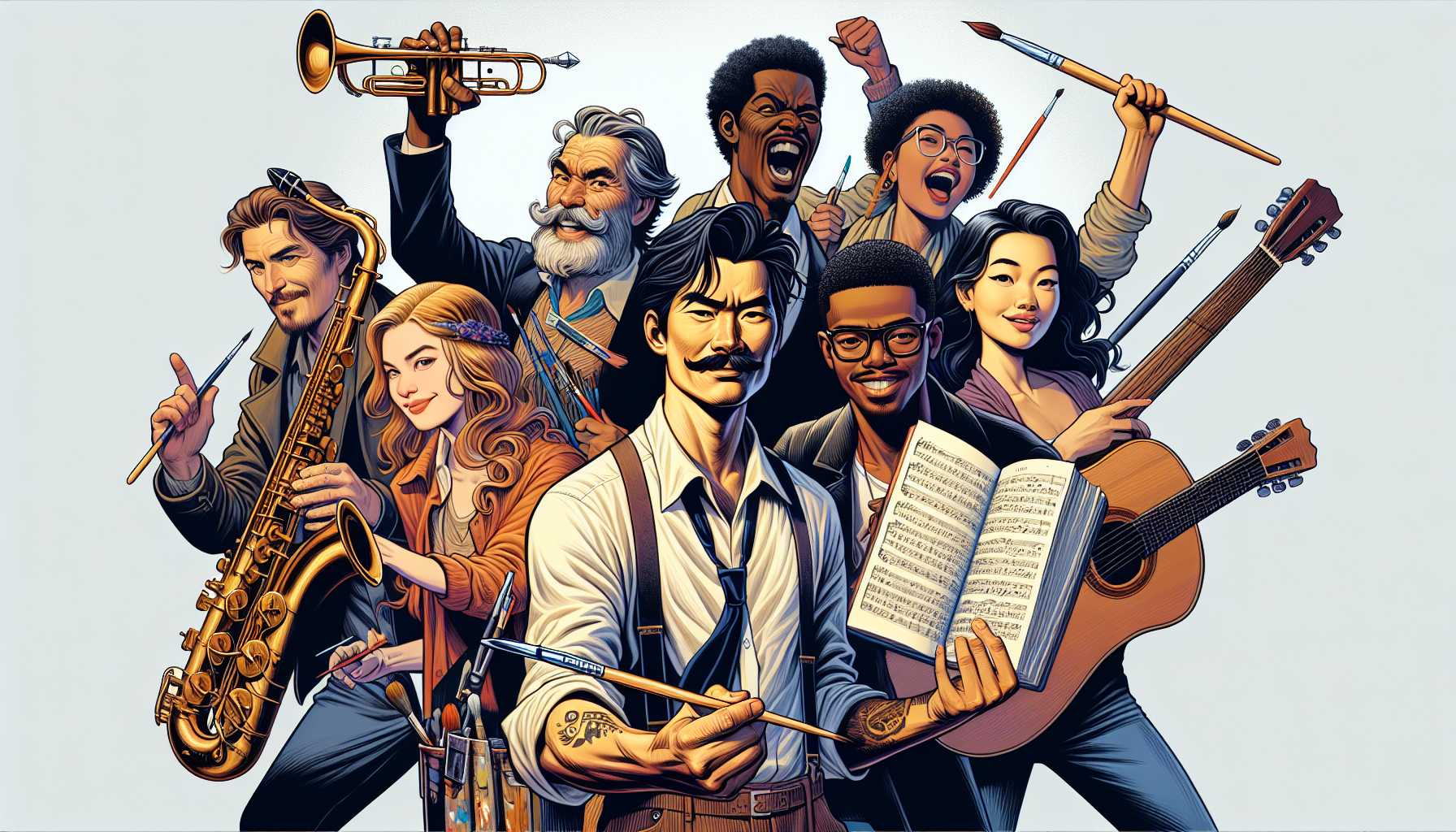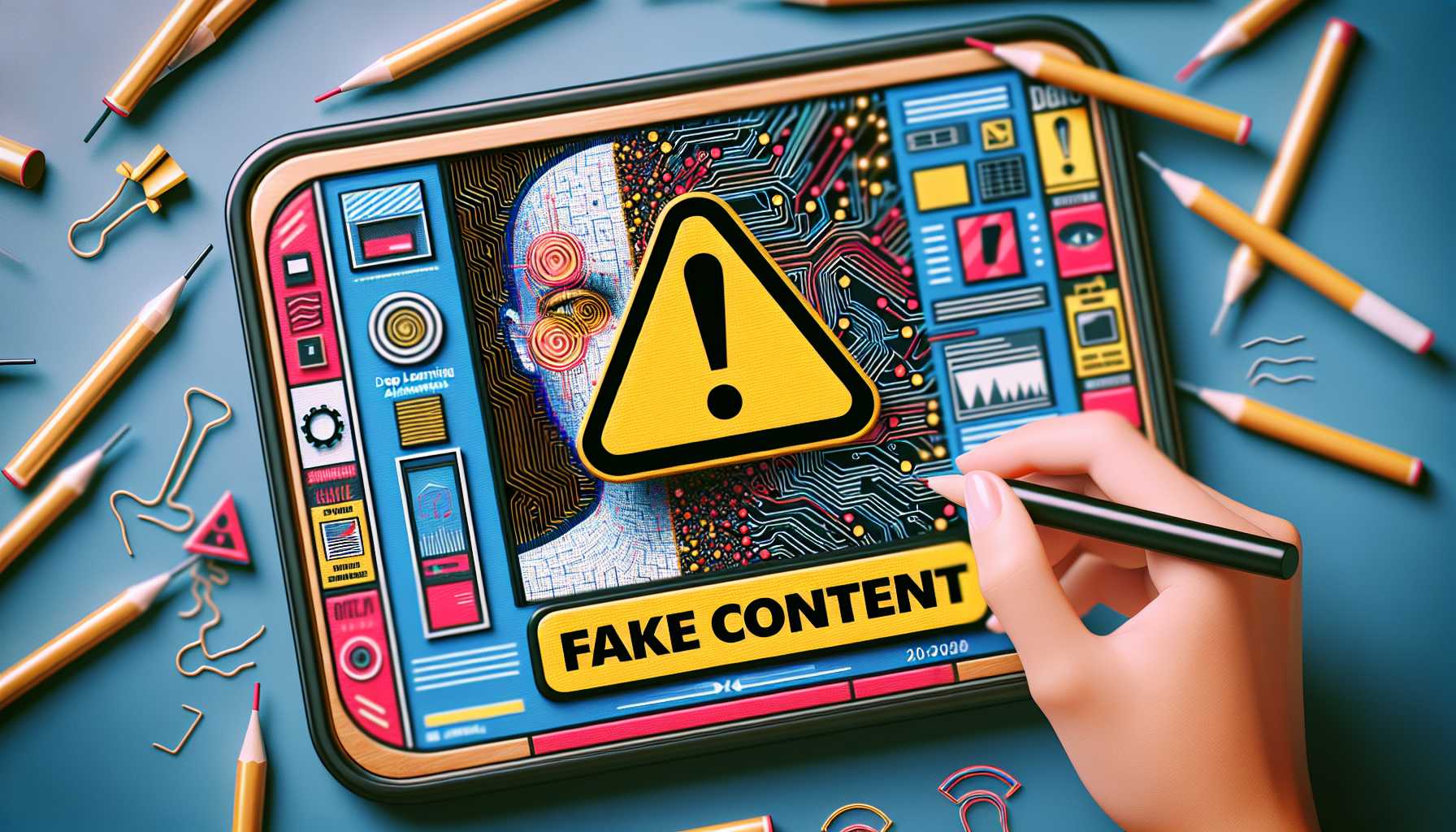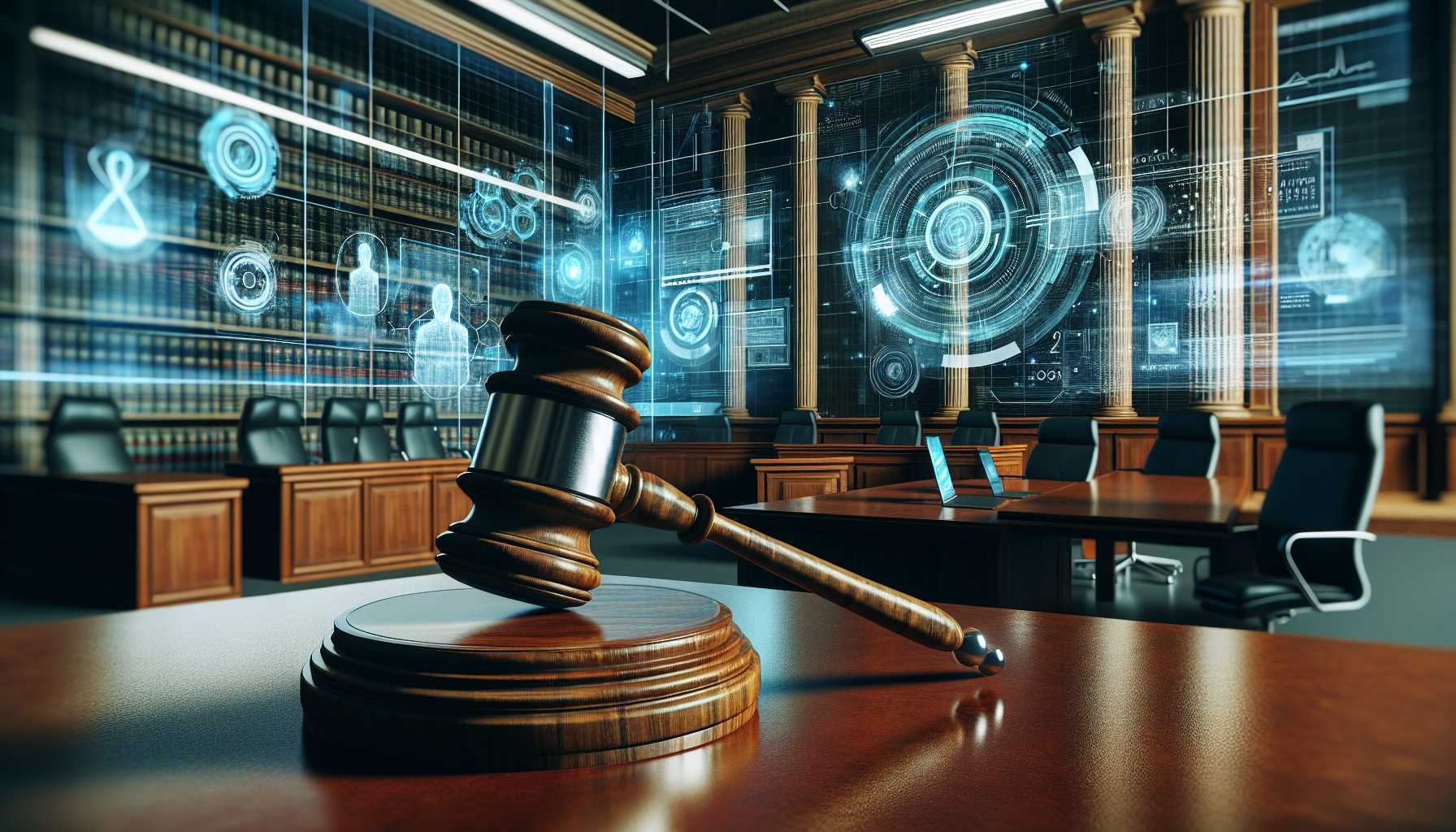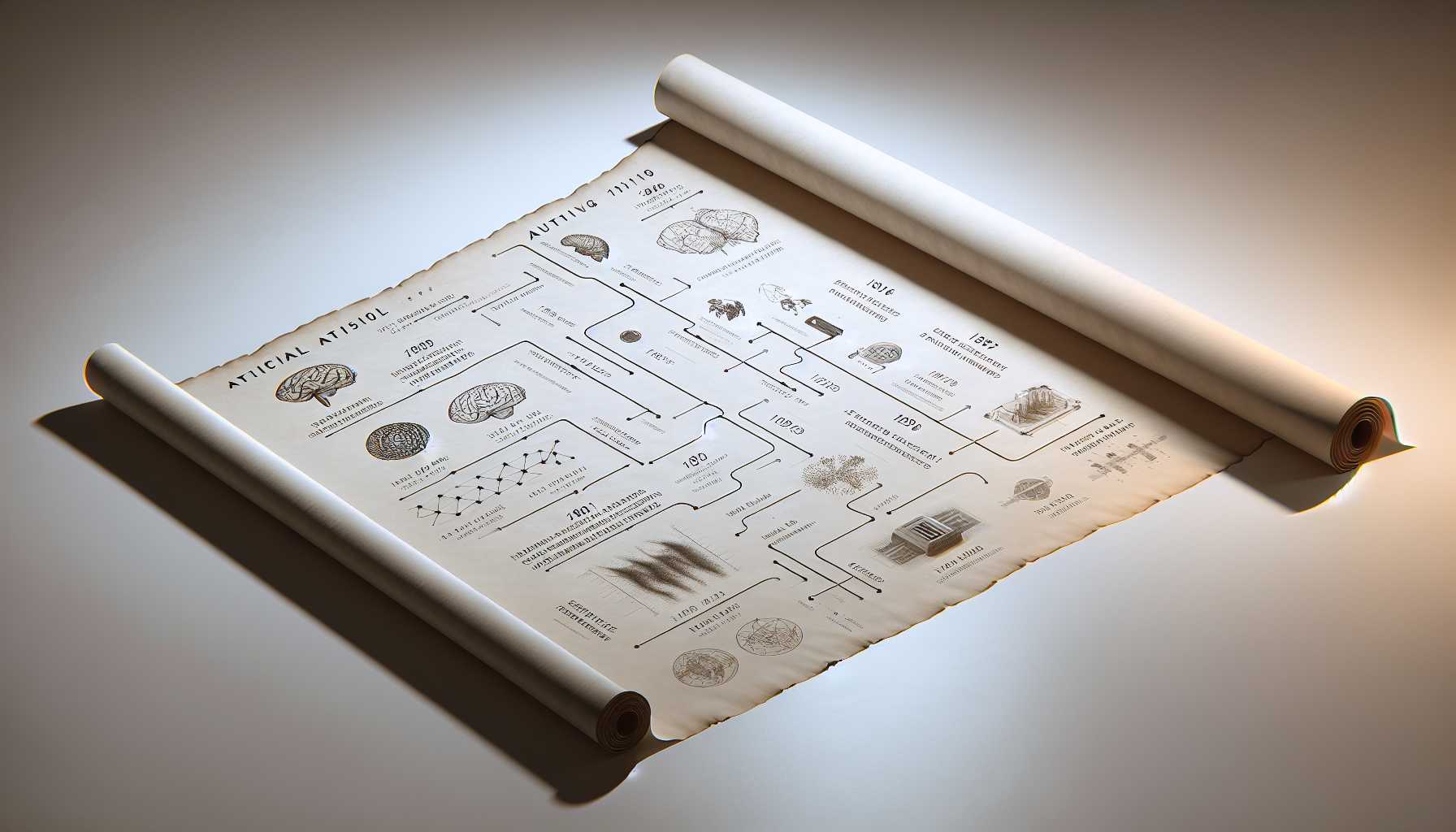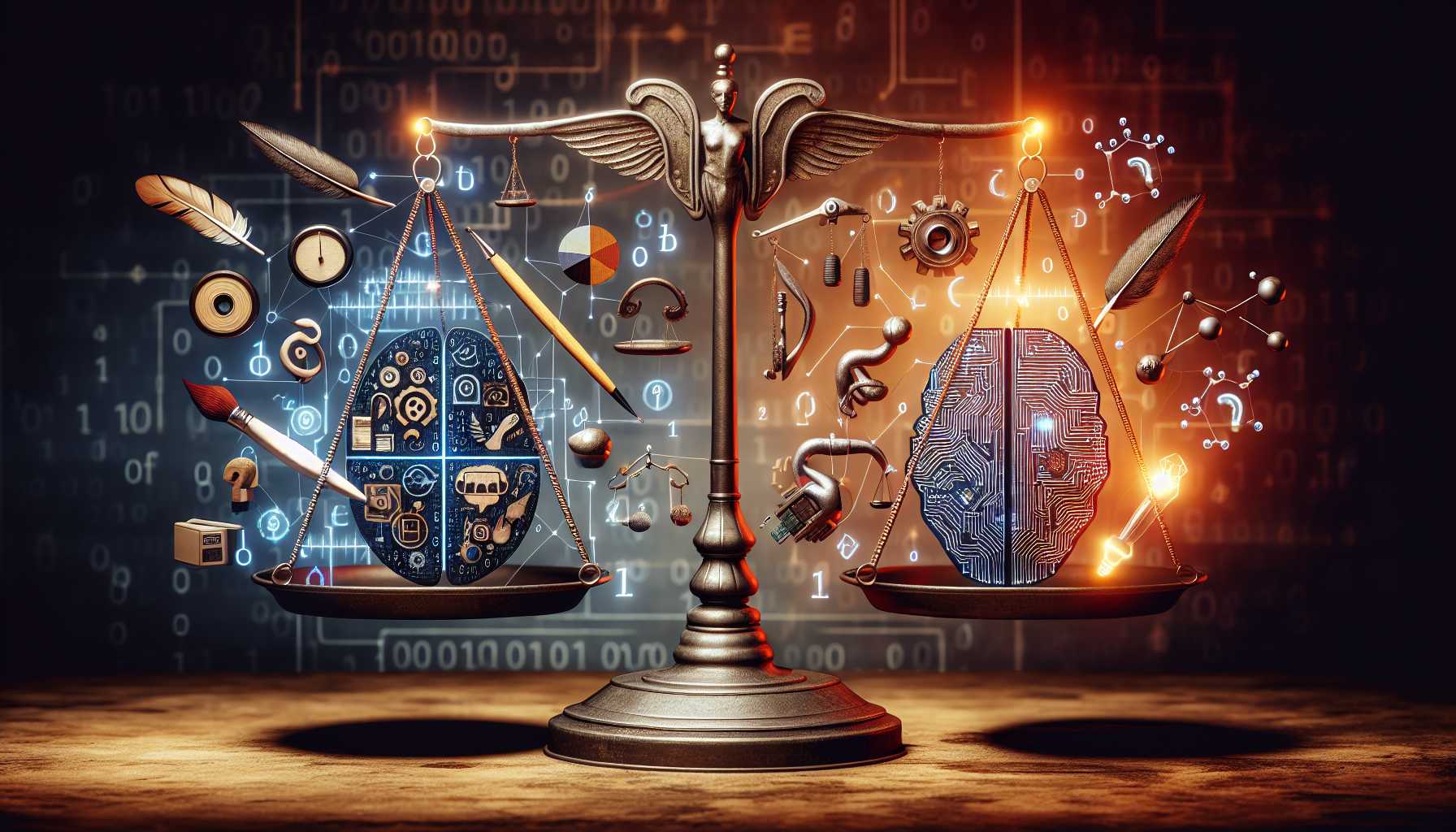## The COPIED Act: Protecting Creators in the Age of AI
### The Rise of AI Content and Deepfakes
With AI technology booming, applications are emerging that can generate text, images, and even deepfake videos that are strikingly real. While this holds massive creative potential, it has an ominous downside. AI models often scrape and learn from vast amounts of publicly available data—including copyrighted content. Picture an AI “borrowing” a scene from your favorite movie or a melody from a beloved song without giving credit where it’s due. Bipartisan efforts spearheaded by Senators Maria Cantwell, Martin Heinrich, and Marsha Blackburn, aim to address these concerns through systematic safeguards.
### Unpacking the COPIED Act
The COPIED Act is a multi-faceted approach to ensure that original content is used ethically within AI models:
1. **Content Provenance Information**: This refers to machine-readable metadata documenting the origin of digital content.
2. **Watermarking**: Unique, non-intrusive marks that indicate content origin and authenticity.
3. **Synthetic Content Detection**: Tools and standards to identify AI-generated modifications.
The bill mandates that AI developers enable content provenance features within two years, giving creators a grip on how their material is used. Remember, this isn’t just about protection but also about compensation. Monetizing content use appropriately can foster a more ethical content ecosystem.
### The Advocacy and Enthusiasts
Various artist and journalism advocacy groups have pledged their support for the COPIED Act. Organizations like SAG-AFTRA, National Music Publishers Association, and the Songwriters Guild of America recognize the bill’s potential to safeguard their members’ legal and financial interests. Imagine an environment where artists like Taylor Swift don’t have to worry about unauthorized AI recreations of their work going viral. Instead, they could engage with AI technology on their own terms, setting new creative precedents.
### Deepfakes and Disinformation
One significant but often alarming aspect of AI is the rise of deepfakes. These synthetic media snippets can misplace real people’s faces and voices into fabricated scenarios, posing enormous risks for misinformation and fraud. The COPIED Act aims to curb this by providing stringent guidelines for identifying and marking AI-generated content. Senator Ted Cruz, for instance, describes this as a critical measure to hold social media platforms accountable for the surge of AI-generated deepfake pornography—a particularly vicious and malicious use case. When authenticity is preserved through provenance and watermarking, the malicious use of deepfakes for fraud or misinformation is more easily curtailed.
### Legal Recourses and Guidelines
What happens when companies misuse content without proper consent? The COPIED Act gives creators the right to legal action. This provides not just a financial but also an emotional solace to the creators whose work has been unethically exploited. Furthermore, the National Institute of Standards and Technology (NIST) will be setting the gold standard for provenance, watermarking, and synthetic content, making enforcement equitable and practical.
### What This Means for Businesses and Platforms
If you’re a company developing AI tools, the COPIED Act signals a time for self-reflection and adjustment. Companies like Google, OpenAI, and Facebook would need to reassess their training datasets, ensuring they comply with new standards to avoid potential lawsuits. This could catalyze a sea change in how ethical AI is developed and deployed.
### The Road Ahead
We’re only scratching the surface of AI regulations. Recently, Senate Majority Leader Chuck Schumer introduced a roadmap for addressing AI, which includes everything from national security considerations to boosting AI innovation. Meanwhile, Axios reports an average of 50 new AI-related bills hitting state legislatures every week. The message is clear—regulation is not an afterthought but a growing necessity. In another noteworthy development, President Joe Biden’s executive order from October emphasizes AI safety and security. Developers must share their test results before deploying AI publically, paving the way for more comprehensive governance.
### Conclusion: Navigating the AI Frontier
As technology races ahead, the COPIED Act is a crucial step in creating a balanced, fair, and ethical AI environment. With high-profile endorsements and bipartisan support, it is poised to significantly impact how both creators and tech companies navigate the complex landscape of content and AI. For artists, songwriters, journalists, and tech developers, a new era of accountability and protection may be just around the corner. Stay tuned, because this is one evolving narrative that promises to redefine the boundaries of creative and technological ethics.


